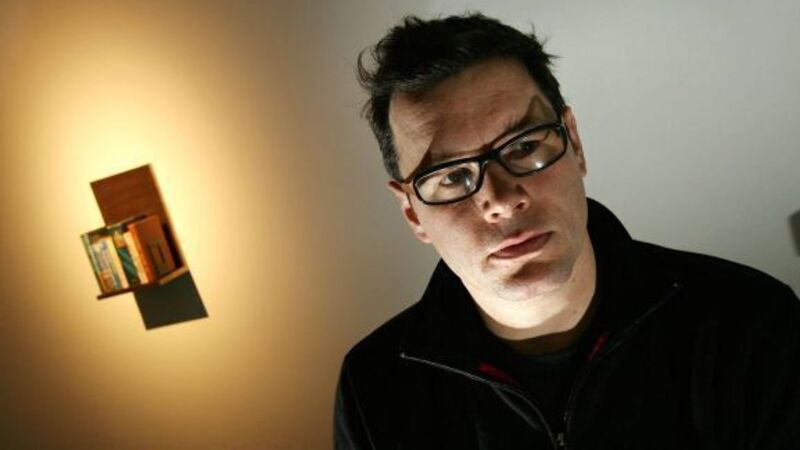The best of both worlds

The Project Arts Centre is a spiritual home for contemporary arts practice in Ireland. During White’s tenure, experimental theatre in Ireland finally came of age, with a raft of new companies and theatre-makers coming through, many of them benefiting from development structures that White had helped put in place.
By contrast, while the Dublin Theatre Festival has become an ever more welcoming arena for diverse theatre practices, the festival itself retains a strong continuity with the traditional modes of literary theatre. ne of the most appealing aspects of the Theatre Festival in recent years has been the way in which both the traditional and contemporary strands of theatre have sat side by side. White says that, far from being a straightforward advocate for contemporary practices, he is drawn to this mix.











